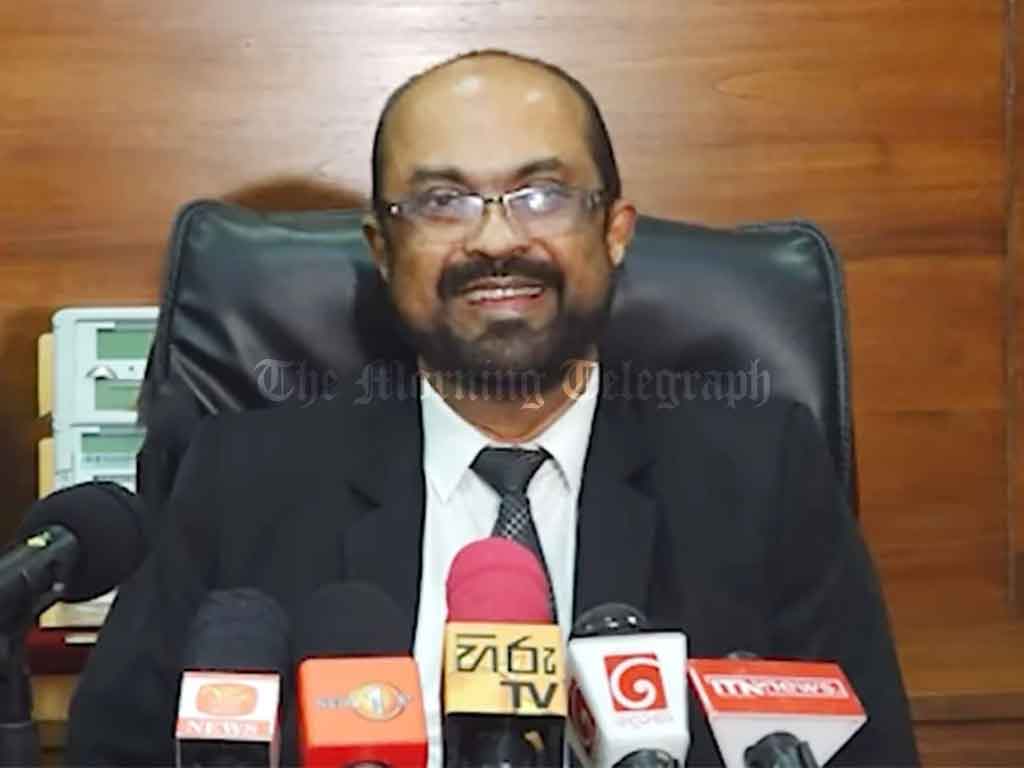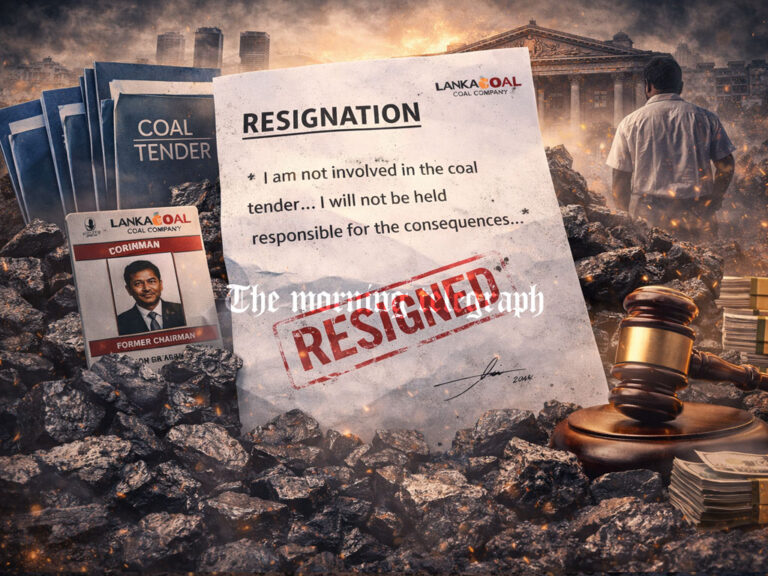
Sri Lanka’s newly appointed Minister of Energy, Kumara Jayakody, has affirmed the importance of the current fuel price formula, describing it as a necessary mechanism for ensuring stability and transparency in fuel pricing. Addressing the media during the ceremonial assumption of his duties, Jayakody assured that the government remains committed to reducing fuel costs while maintaining an adaptable pricing structure.
“There is no need to cancel the fuel price formula. It is a good system to have,” he stated. He emphasized that the formula helps regulate prices based on global market trends, allowing the government to manage fuel costs more effectively. However, the minister noted that he is open to reviewing the system. “We will evaluate whether any amendments are needed, but for now, it is a valuable tool. Our goal is to ensure fair pricing while thinking innovatively about long-term energy solutions.”
The fuel price formula, introduced as a policy measure in Sri Lanka, adjusts local fuel prices in alignment with international crude oil prices, exchange rates, and other economic factors. It aims to provide transparency and prevent politically motivated price manipulations. Proponents argue that it reflects global realities, while critics contend that it can lead to frequent price hikes, burdening consumers.
Key Remarks by the Minister:
- Reassurance to the Public: Jayakody stated that there is no reason to fear the price formula, as the government’s primary objective is to reduce costs for consumers wherever possible.
- Potential Revisions: He acknowledged that the formula may require adjustments in the future to better serve public interests or adapt to changing economic conditions.
- Innovation in Energy Management: The minister hinted at adopting new strategies for energy management, focusing on sustainability and affordability in the long term.
While the price formula has brought some level of predictability to fuel pricing, Sri Lanka faces ongoing challenges in managing fuel supply due to rising global oil prices, foreign exchange shortages, and economic instability. Balancing consumer affordability with fiscal sustainability remains a key task for the Ministry of Energy.
Minister Jayakody’s stance signals continuity in fuel pricing policy while leaving room for improvements. His remarks suggest a focus on addressing immediate public concerns about high fuel costs while exploring broader energy reforms. How this approach will play out in the current economic climate remains to be seen, but the minister’s openness to public and expert feedback could influence significant changes in the energy sector.




